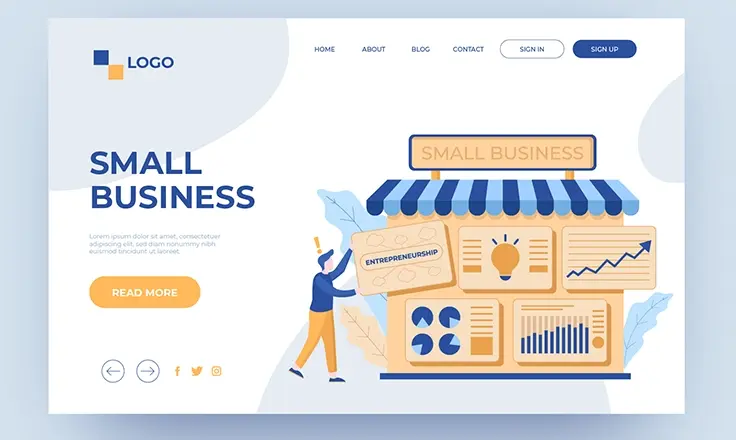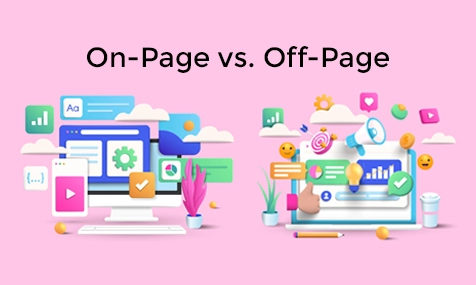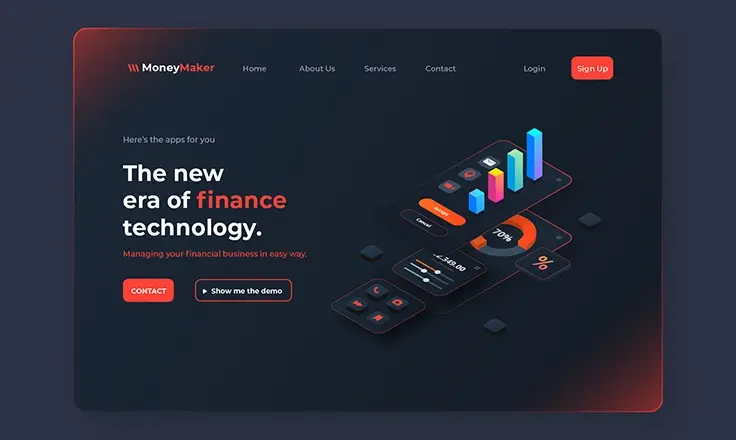On-Page SEO: Optimizing Your Website Internally
On-Page SEO revolves around optimizing the elements within your website itself to make it more attractive to both search engines and users. This involves fine-tuning the content, meta tags, and structural components of your web pages.
Key Components of On-Page SEO
- Keyword Optimization: On-Page SEO begins with meticulous keyword research. It involves selecting the most relevant and high-impact keywords for your content and strategically incorporating them into your web page’s text, titles, headings, and meta descriptions.
- Quality Content: At the core of On-Page SEO is the creation of high-quality, informative, and engaging content. Content that satisfies user intent not only attracts visitors but also keeps them on your site longer, which can positively affect search engine rankings.
- Title Tags: Crafting compelling and keyword-rich title tags is essential. These tags serve as the clickable headlines in search results, offering users a preview of your content’s relevance.
- Meta Descriptions: Meta descriptions provide concise summaries of your webpage’s content. Well-optimized meta descriptions can entice users to click through to your site from search results.
- Header Tags: Properly structuring your content with header tags (H1, H2, H3, etc.) enhances readability and helps search engines understand the hierarchy of information on your page.
- Image Optimization: Images are an integral part of web content. Optimizing them by using descriptive file names and alt text not only improves user experience but also sends positive signals to search engines.
Off-Page SEO: Building Authority Beyond Your Website
Off-Page SEO, on the other hand, involves activities that transpire outside your website. Its primary goal is to build your website’s authority, credibility, and reputation across the vast expanse of the internet.
Key Components of Off-Page SEO
- Link Building: Perhaps the most well-known aspect of Off-Page SEO is link building. This entails acquiring high-quality backlinks from reputable websites. These backlinks serve as endorsements of your website’s authority and trustworthiness in the eyes of search engines.
- Social Media Engagement: Active and meaningful engagement on social media platforms can indirectly impact SEO by increasing brand visibility and driving traffic to your site. Social signals are becoming increasingly important in search engine algorithms.
- Influencer Outreach: Collaborating with industry influencers can lead to valuable mentions and backlinks, further boosting your site’s authority within your niche or industry.
- Online Reputation Management: Your online reputation matters. Managing online reviews and promptly addressing customer feedback can significantly influence your site’s reputation, which, in turn, can have a direct impact on your SEO performance.
The Interplay Between On-Page and Off-Page SEO
It’s important to note that On-Page and Off-Page SEO are not isolated strategies but rather interconnected elements of a comprehensive SEO strategy. High-quality On-Page content attracts users, while Off-Page efforts such as link building enhance the site’s credibility and authority. Similarly, Off-Page SEO relies on the foundation laid by On-Page optimization, as it requires a well-structured website with valuable content to earn and maintain backlinks.
In the dynamic landscape of SEO, understanding the difference between On-Page and Off-Page SEO is pivotal. While On-Page SEO focuses on optimizing your website’s internal components, Off-Page SEO extends beyond your site’s boundaries to build its authority and reputation across the broader web. A harmonious integration of both strategies is essential for achieving strong search engine rankings, improving online visibility, and driving organic traffic to your website. Balancing these aspects can be a powerful formula for sustained online success.




